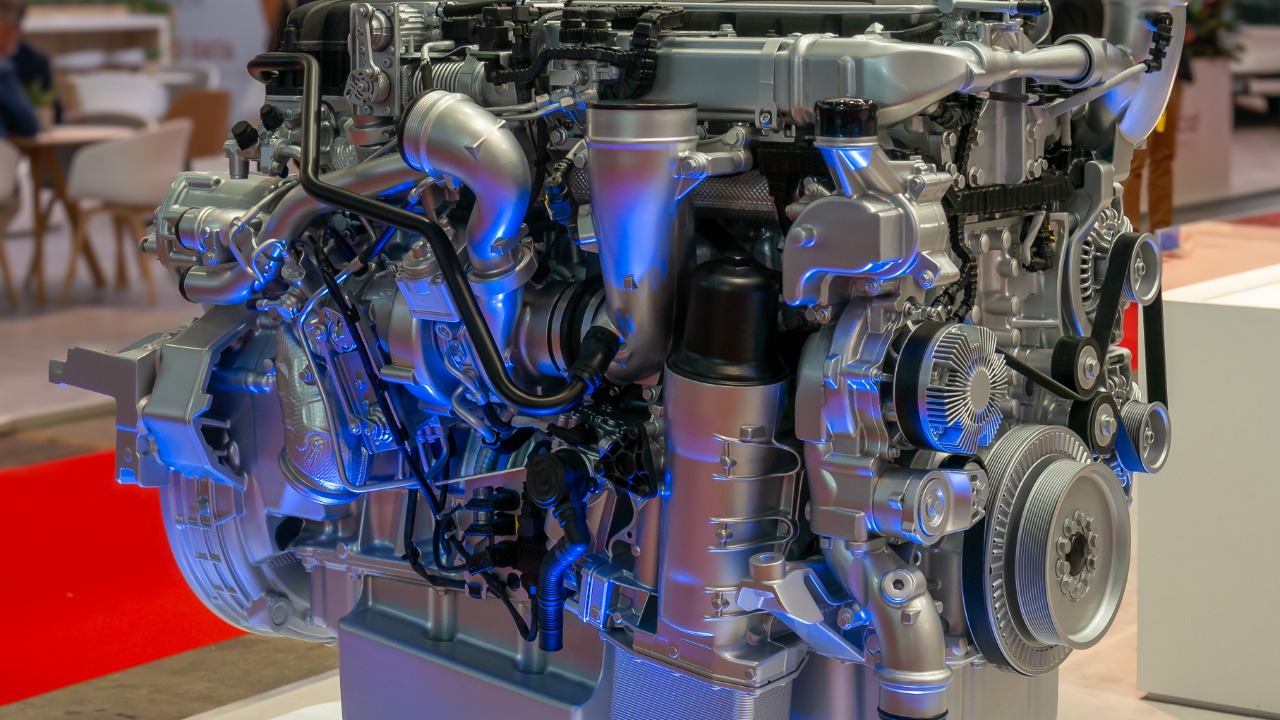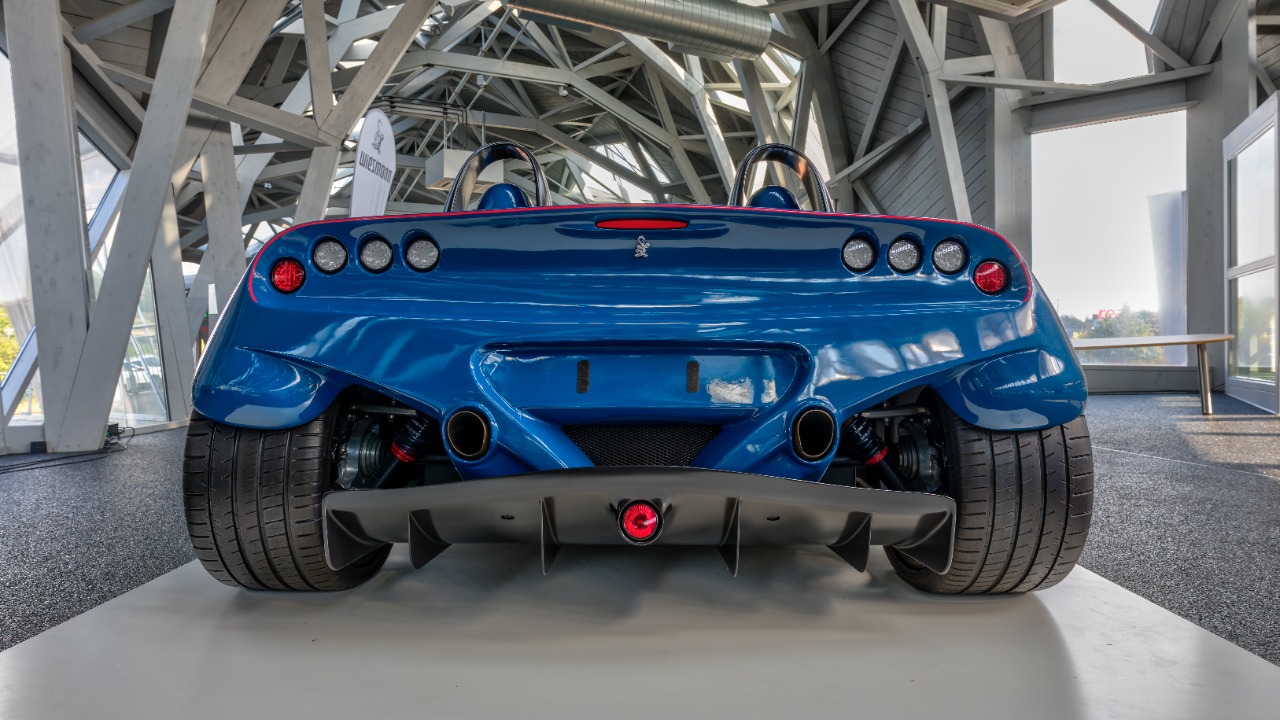
Diesel engines are well-known for their efficiency and torque, yet they are seldom found in the sports car segment. The rarity of diesel engines in sports cars can be traced to a combination of technical challenges, cultural perceptions, and practical considerations. Understanding these factors sheds light on why sports cars primarily rely on gasoline engines.
Performance Characteristics of Diesel Engines

Torque vs. Horsepower
Diesel engines are renowned for their ability to generate high torque at low RPMs, a trait that gives them excellent pulling power. This is particularly beneficial in trucks and heavy vehicles, where moving large loads is essential. However, sports cars typically prioritize horsepower over torque, as horsepower is a key determinant of top speed. Diesel engines, while efficient, often lag in horsepower compared to their gasoline counterparts, making them less desirable for high-speed performance.
Acceleration and Speed
The power delivery characteristics of diesel engines, with peak torque occurring at lower RPMs, can affect the acceleration and speed of sports cars. Acceleration—a crucial attribute for sports cars—is often compromised because diesel engines do not rev as quickly or as high as gasoline engines. Consequently, the exhilarating acceleration and top speed that sports car enthusiasts crave are harder to achieve with diesel power.
Engineering and Design Challenges

Weight and Size
One of the primary engineering challenges of incorporating diesel engines into sports cars is their weight and size. Diesel engines are generally heavier and bulkier than gasoline engines due to their robust construction, which is necessary to withstand higher compression ratios. This added weight can negatively impact the balance and handling of sports cars, which are designed for agility and precision.
Engine RPM Limitations
Diesel engines typically have lower redlines compared to gasoline engines. This limitation means that diesel engines cannot achieve the high RPMs that many sports cars require for optimal performance. High-revving engines are a hallmark of sports cars, providing not just performance but also an engaging driving experience. The inability of diesel engines to operate efficiently at high RPMs is a significant hurdle in this segment.
Market and Consumer Expectations

Perception and Brand Image
Consumer perceptions and brand identity play a significant role in the choice of engines for sports cars. Diesel engines are often associated with utility and economy, traits that do not align with the performance-oriented image of sports cars. Brands that manufacture sports cars focus on creating an image of speed, excitement, and luxury, which can be at odds with the practical and efficient nature of diesel engines.
Sound and Driving Experience
The sound of an engine is integral to the sports car experience. Enthusiasts often seek the roar of a high-performance engine, a sound that diesel engines typically cannot replicate. The driving experience is also affected by the engine’s characteristics, and the linear power delivery of diesel engines lacks the thrilling, high-RPM rush that gasoline engines provide. This difference in driving dynamics is a significant factor in the limited use of diesel engines in sports cars.
Environmental and Regulatory Considerations

Emissions Standards
Stricter emissions regulations have made it more challenging for diesel engines to be used in sports cars. Diesel engines traditionally emit higher levels of nitrogen oxides and particulates, which have been the focus of tightening regulations worldwide. Meeting these standards while maintaining the performance expectations of sports cars is a complex task, further limiting the appeal of diesel engines in this segment.
Fuel Efficiency vs. Performance
While diesel engines offer significant fuel efficiency, the trade-off often comes at the cost of the high performance that sports car enthusiasts demand. The efficiency of diesel engines is well-suited for long-distance travel and hauling, but the performance focus of sports cars requires an emphasis on speed and power, which are not the primary strengths of diesel technology.
Case Studies and Exceptions

Notable Diesel Sports Cars
Despite the challenges, there have been rare examples of sports cars that successfully employed diesel engines. The Audi R8 V12 TDI is one such example, showcasing a balance of performance and diesel efficiency. However, these models often face limited market reception due to the aforementioned concerns about performance and brand perception. Read more about these unique vehicles and their impact.
Lessons from Motorsports
In the world of motorsports, diesel engines have made their mark in endurance racing, where efficiency is crucial. The Audi R10 TDI, for instance, dominated Le Mans thanks to its exceptional fuel economy and torque. However, diesel engines remain uncommon in mainstream competitive racing, where the focus is often on outright speed and agility, characteristics where diesel engines typically fall short.